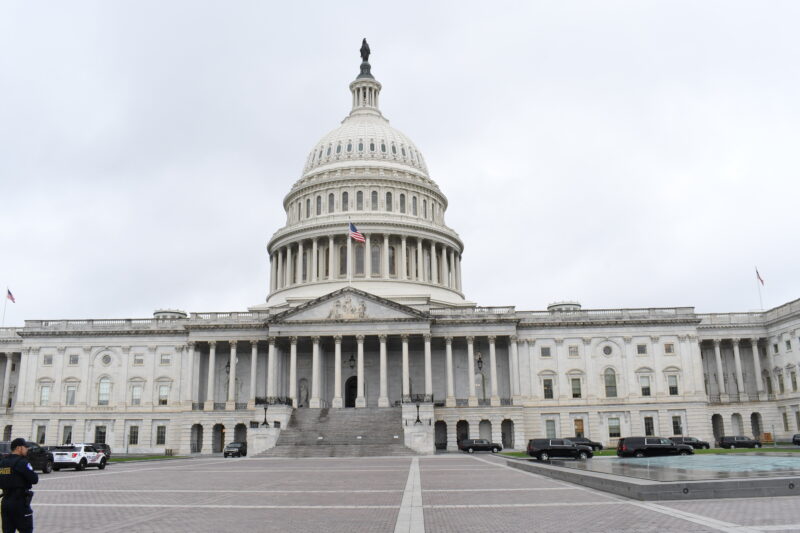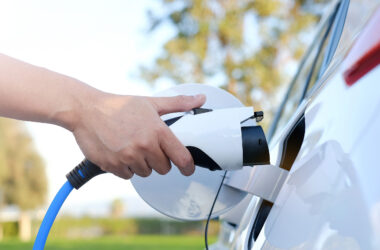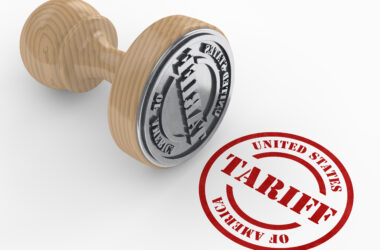The U.S. House of Representatives’ Ways and Means Committee voted Wednesday to forward the tax proposal, which includes deductions for interest paid on car loans, to the House Budget Committee.
By a 26-19 vote, the committee sent the 389-page tax legislation ahead.
The bill included an above-the-line deduction of up to $10,000 for qualified vehicle loan interest paid during a year from 2025 through 2028. The deduction will be applicable on vehicles with final assembly in the U.S.
Taxpayers would be able to use the deduction whether they used the standard deduction or not. The deduction will be reduced by $200 for each $1,000 the adjusted gross income exceeds $100,000 ($200,000 for joint return).
The Joint Committee on Taxation estimated the cost of the deduction to be in excess of $57 billion.
Senator Bernie Moreno (R-Ohio) and Rep. Bill Huizenga (R-Michigan) have filed bills to allow for the deduction of car interest.
Huizenga’s bill, “Made in America Motors Act”, called for an above-the-line tax deduction of up to $2,500 annually on interest paid on auto loans.
“The Made in America Motors Act is a win for American taxpayers, autoworkers, and Michigan,” said Congressman Bill Huizenga. “Making interest on car loans tax deductible was a key campaign promise made by President Trump. The Made in America Motors Act delivers on this promise by giving individuals and families a financial incentive to buy American, which in turn supports good-paying automotive jobs in Michigan and across the nation.”
Moreno, who previously owned car dealerships in Ohio, filed the United States Automobile Consumer Assistance and Relief Act.
“For decades, the American auto sector has been devastated by bad trade deals and bad leaders, who shipped American manufacturing jobs overseas while flooding our market with cheap foreign cars. Thanks to President [Donald] Trump, we are finally ensuring every car sold in America is made in America and that working Americans can actually afford to buy a car in the first place. I’m proud to lead the way in the Senate,” Moreno said in a press release announcing the bill.
The bill moved ahead by the Ways and Means Committee called for the elimination of the previously owned clean vehicle credit. The credit is worth the lesser of $4,000 or 30 percent of the sale price and is limited to incomes of $75,000 for single filers, $112,500 for head of household filers, and $150,000 for joint filers. The credit is set to expire on December 31, 2032. A provision in the bill accelerates the expiration to December 31, 2025.










